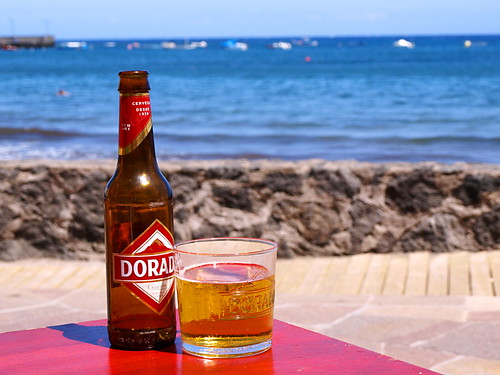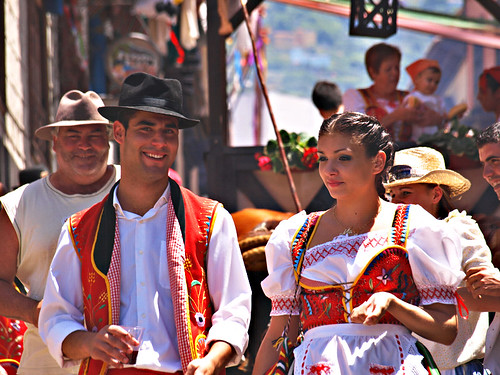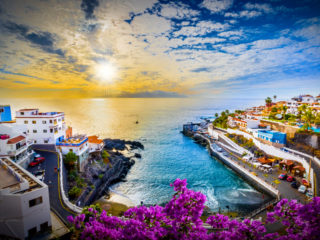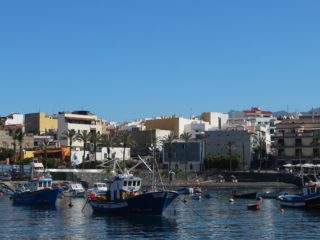Although the ability to speak the lingo when holidaying, or indeed living, on Tenerife ““ particularly in the main resorts of the island – has never been a major handicap, nevertheless, a little Spanish can go a long way.
Here’s Tenerife Magazine’s guide to some of the most useful phrases to have in your vocabulary, or how to sound more Spanish – savvy than you are.
1. Claro ““ a multi functional phrase meaning ‘clearly/indeed/of course’, this verbal equivalent of a head nod will hold you in good stead for most conversations.
2. Si, si, si ““ uttered in rapid fire, multi succession, the simple ‘yes” is the most Spanish of phrases.
3. Vale (pronounced ‘ballet”) ““ meaning ‘okay’ this one’s used in Spanish every bit as much as its English equivalent and will get you out of many tight spots. Just be careful you’re not agreeing to anything you may regret later.
These three phrases alone are enough to have you passing as a Spanish speaker. When someone starts chatting to you, just throw a vale, a few si,si,si‘s and the occasional claro into the conversation and you could easily be mistaken for fluent.
4. Mas o menos ““ meaning “More or less”, mas o menos is as much a mantra as a phrase and sums up the Canario approach to many aspects of life. Spoken without pronouncing the ‘s” and accompanied by a shrug of the shoulders, this will not only get you passing for a Spanish speaker, but a Canario at heart.
5. Buenos dÃas, buenas tardes, buenas noches ““ ‘Good morning/afternoon/evening and night” ““ As the line between dÃas and tardes is a very mas o menos affair which has nothing to do with midday and may fall anywhere between 1.30pm and 3pm, it’s easiest to adopt the Tenerife way of merging all three into a single ‘buenas‘ and dumping the watch altogether.
6. Guapa/guapo (pronounced wappa/wappo) ““ meaning ‘beautiful’ and ending with an ‘a’ for females and an ‘o’ for males, this handy little phrase will get you uttering small talk on everything from the weather to a hunk of gorgeousness passing by. Just say ¡que guapa! and pick up your membership card to Tinerfeño society.
7. Jarra/caña (pronounced hara/canya) ““ essential vocabulary for anyone who enjoys a drop of draught amber nectar after a hard day on the beach, a jarra is the local vernacular for a large beer and a caña is a small beer. Just don’t try using it when you head to Torremolinos in summer or you might end up with a jug full of beer. On the other hand…
8. La cuentita (pronounced kwen-tee-ta) ““ a handy one to have at the end of your restaurant meal, this literally means ‘the small bill’, as opposed to the full-sized one. It’s always worth asking for this, if nothing else it”ll usually raise a smile and it might just get you a free shot of honey rum with la cuenta.
9. Encantado/a, mucho gusto ““ the Spanish equivalent of ‘nice to meet you’. If someone says encantado/a to you, you should respond with mucho gusto and vice versa. And don’t forget the double cheek kiss which accompanies it, preferably not delivered by the typical British body language equivalent of an ironing board at the blatant invasion of private space by a complete stranger. When in Spain…
10. ¡Mi madre/Dios mÃo! – uttered whilst grasping the general area of your heart or making the sign of the cross, these are two typical expressions of utter dismay, ‘oh Mother and My God!’ Particularly useful when bartering over a new pair of Ray-Bans or when la cuentita is brought.











Comments are closed.